The House on
Wednesday narrowly approved the Central American Free Trade
Agreement, voting 217-215 to reduce trade barriers between
the United States and six Central American nations to
stimulate economic growth in the region. But health
care advocates and AIDS activists say the plan, which
would make it difficult for the Central American nations to
break patents on U.S.-made anti-HIV drugs and
manufacture or purchase cheaper generic equivalents,
could end up hurting thousands of low-income
HIV-positive people.
CAFTA also would
require generic-drug makers to redo clinical trials to
obtain marketing approval and force generic-drug companies
to hold off on using clinical trial results for copies
of brand-name drugs for at least five years, which
AIDS activists say essentially creates patent-like
protections where none existed before.
"For patients
currently on treatment in Central America, CAFTA means
a 15-fold increase in the cost of their medications, making
the House's action today not only a tragedy for
Central American HIV patients but a dangerous
precedent that compromises World Trade Organization
principles," AIDS Healthcare Foundation president Michael
Weinstein said in a press release. Roman Macaya,
executive director of the National Chamber of Generic
Products of Costa Rica, said CAFTA would extend the
monopolies of brand-name drugmakers beyond even the limits
already imposed by the World Trade Organization, Inter
Press Service reports. "CAFTA's new rules will
cost human lives," he told the wire service.
The Senate passed
CAFTA in June. President Bush supports the proposal and
plans to sign the bill into law.







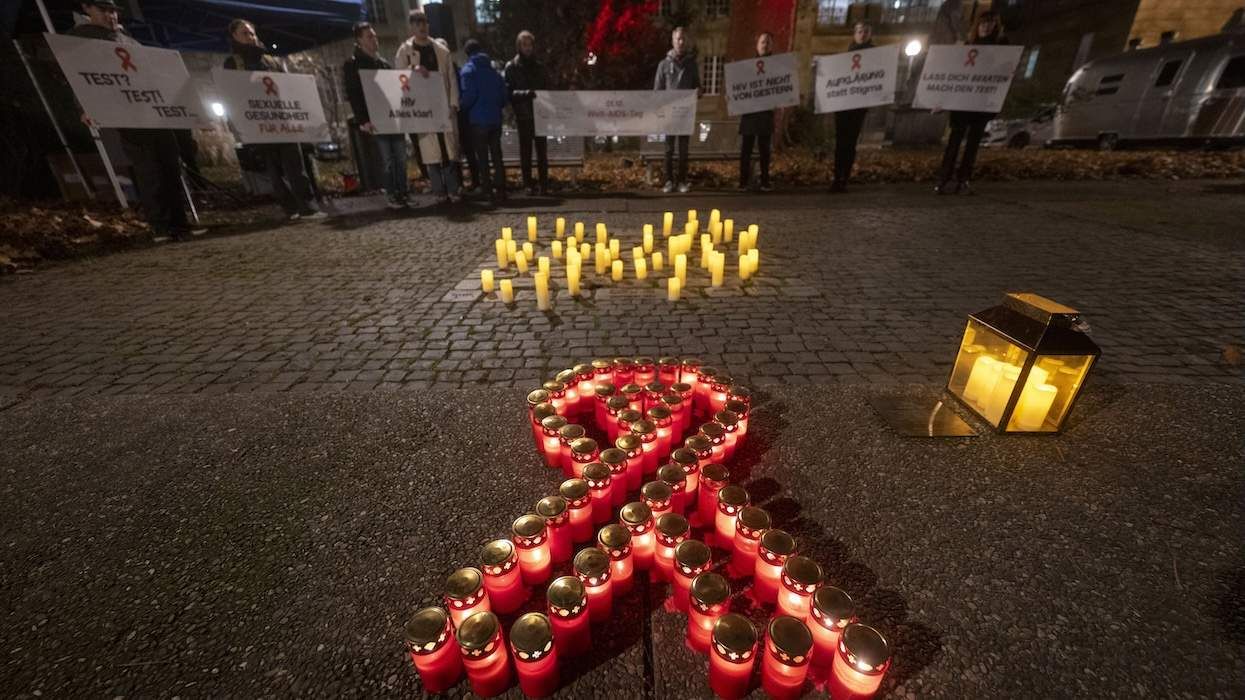



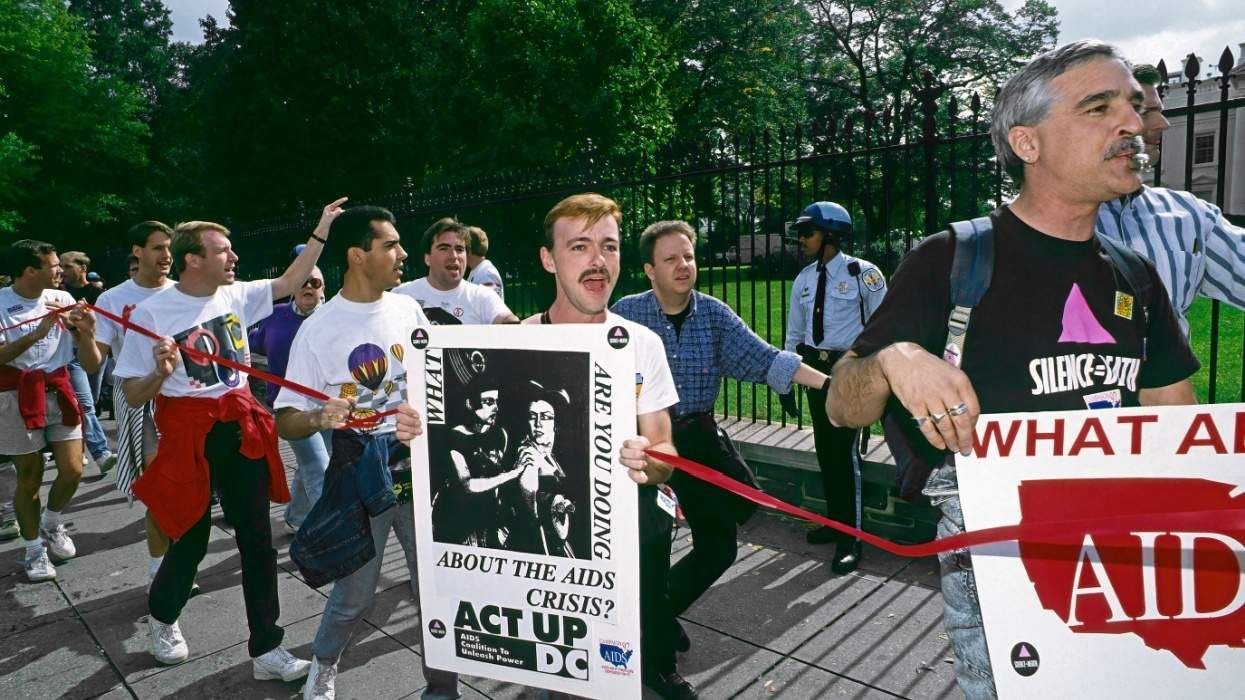

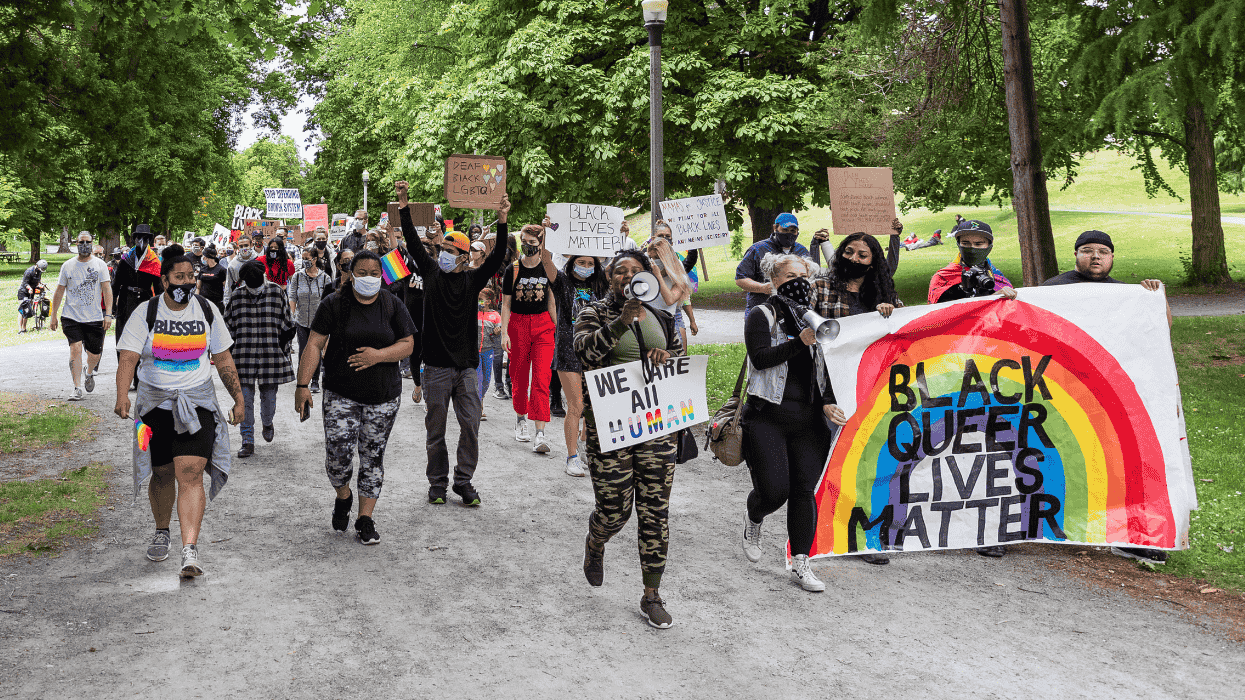
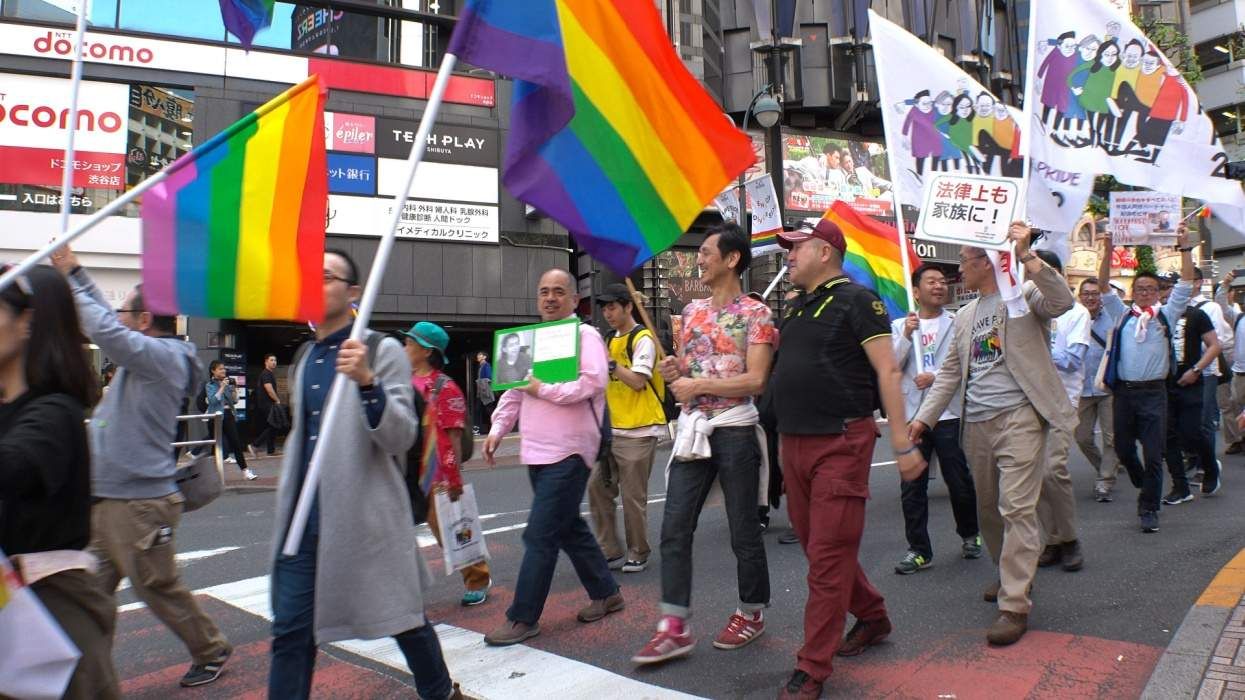





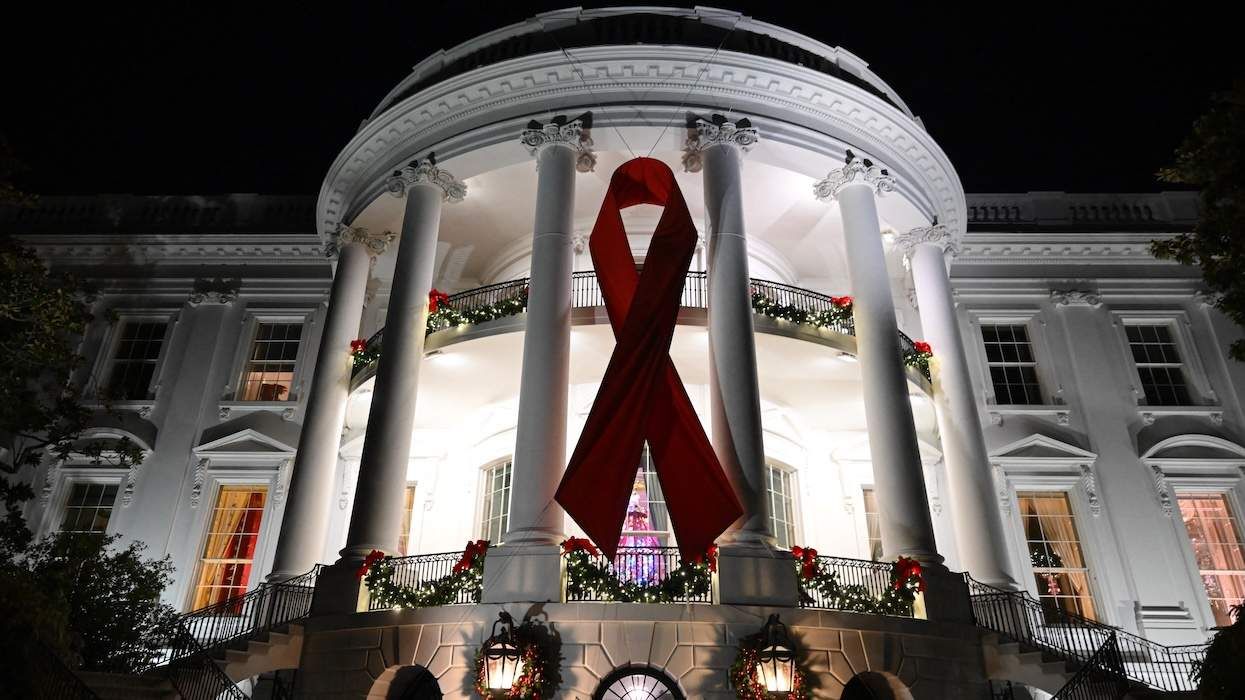

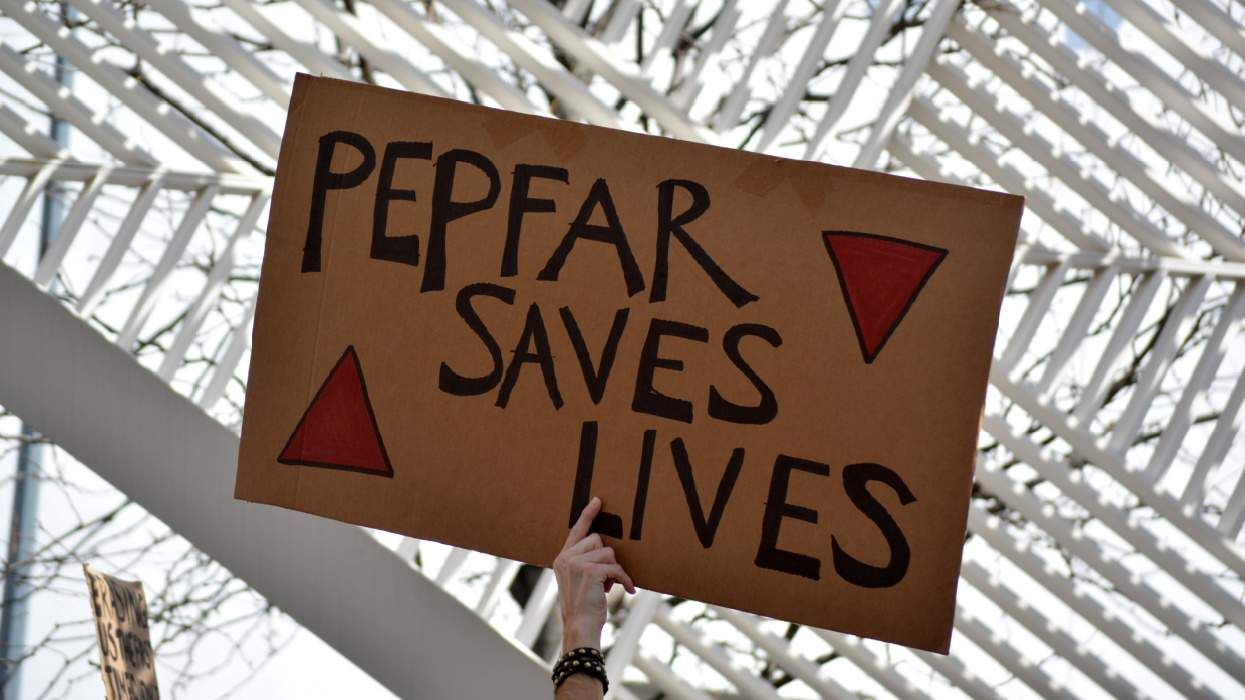

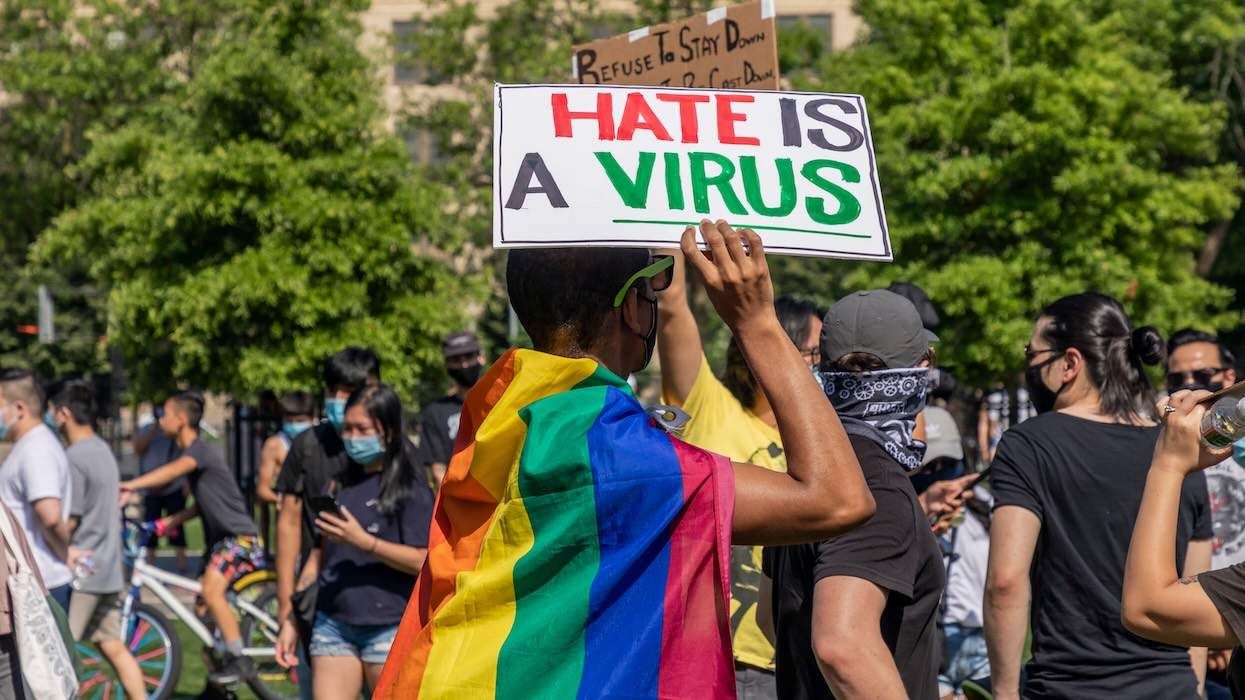











































Charlie Kirk DID say stoning gay people was the 'perfect law' — and these other heinous quotes